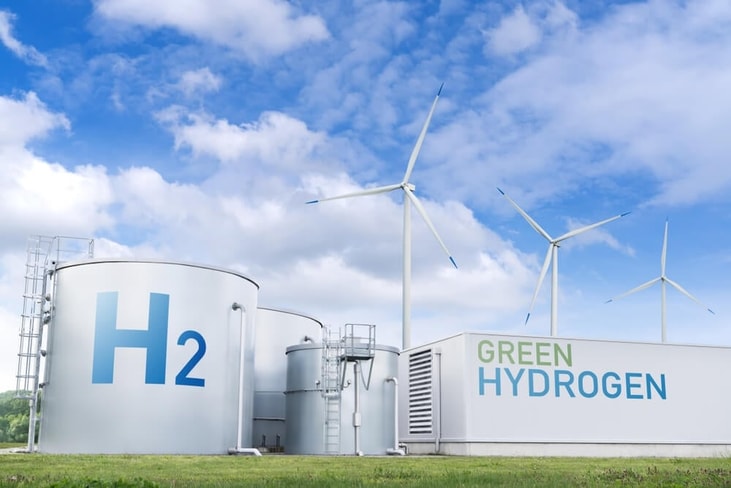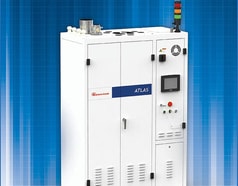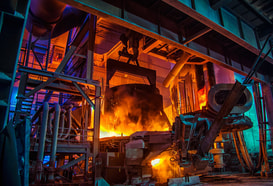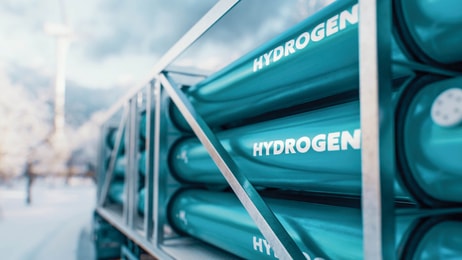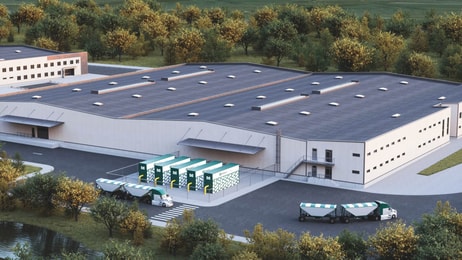Why total cost of ownership could be the new benchmark in green hydrogen
The hydrogen industry must face a “sobering” market reality and move beyond the early hype if it is to deliver on its promise of decarbonising hard-to-abate sectors.
That was the message from a recent H2 View webinar featuring engineering firm ABB and Ontario-based technology company Hydrogen Optimized, who said long-term cost efficiency and system reliability, not just upfront capital expenditure, will determine project viability going forward.
While green hydrogen has seen strong momentum in recent years, recent headwinds driven by rising costs and an increased focus on blue hydrogen have slowed progress.
“The market situation is not an easy one,” said Denis Krude, President and CEO of Hydrogen Optimized. “I would call it rather a sobering [sic] in the market.” He cited inflation, shifting political priorities, and lagging investments in distribution and offtake as key barriers.
... to continue reading you must be subscribed

